#the plague by Camus
Text
My shipmate, @saranilssonbooks haggled me! I’m caught!
Book stack! Oh god. I am halfway through Melville’s the confidence man, (i might never finish that trip) Pierre (I’ve given up) Kierkegaards’ fear and trembling (god its so good but dude what the hell are you saying right now) David abrams the spell of the sensuous (its bonkers. It’s so good. Yes. I can’t wait to read it but also i have not touched it in a month) poison for breakfast by Lemony Snicket (never read snicket before but ohhhhh i will be doing more in the future. This is how philosophy should be. READABLE. This is one I’m actually reading because it’s so light and airy like a lemon meringue pie. Good) Nietzsche’s uhhh the antichrist (hate it. Shut the hell up you fucking emo pissed off skater boy. Find the beauty in life and touch some grass) Albert Camus’s THE PLAUGE (AAAAAAAAAAAAAAHHHHHHHHHHHHHHHHH RAHHHHH I WRITHE BENEATH HIS PROSE I SINK AND SLITHER, I CRY OUT NOISELESSLY INTO A WORLD WHICH KNOWS THAT GOODNESS MUST NOT BE PRAISED TO THE DETRIMENT OF MAKING US BELEIVE THAT EVIL IS A NATURAL PART OF MAN) yeah and ummm i just started interview with a vampire by Anne rice. ( ͡° ͜ʖ ͡°) gorl is horny. I thought i could listen to that glass of rat blood while at work. I was wrong. I got so worked up and was so startled when my boss inturrupted me. I’ll be finishing this within the next week. Hehe sexy evil vampires >:)
Last song: impressions by wild painting. Mmmmmmmm yes
Last film: across the spider verse! I watched it with a complete spider person nerd who paused it every five seconds and told us about the cameos. Good stuff.
Last show: avatar the last air bender live action. Costumes? YES sets? UAAAAH SO GOOD storyline? A FRESH DIFFERENT SIDE OF THE OG! COOL! Acting? …uh. Well. At least they’re not white and everyone’s names are pronounced correctly.
Current obsession: “my boyfriend” i am going to assume is not a valid answer here so i will go with phenomenology (the philosophical discipline) as a whole. My love, the oar with which I strike through the waves of life.
With my harpoon i strike @spaceacebreakface because i dont know anyone else :)
#Melville#books#college#David Abram#Kierkegaard#philosophy#phenomenology#Camus#the plague by Camus#Albert Camus#Anne rice#interview with the vampire#Lemony Snicket#poison for breakfast#nietzsche#yeah I’m tagging you bitch
4 notes
·
View notes
Text
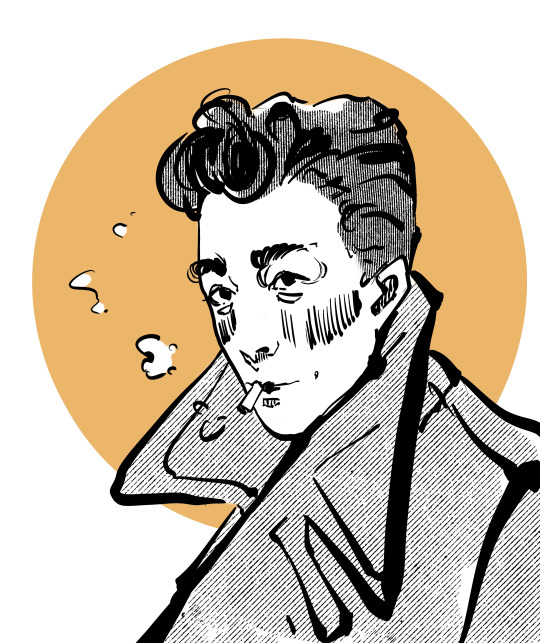
A happy birthday Albert Camus!
#Perhaps a belated birthday now - depending on your time zone#nonetheless#already posted him on twitter so I'm sorry if you've already seen him#albert camus#camus#the plague#one must imagine sisyphus happy#the stranger#camus quotes#classic lit#philosophy#classic literature#classic lit quotes#book quotes#writers#authors#art#illustration#books and literature#my art
136 notes
·
View notes
Text
WHAT CLASSIC YOU SHOULD READ BASED ON YOUR FAVOURITE ABBA SONG
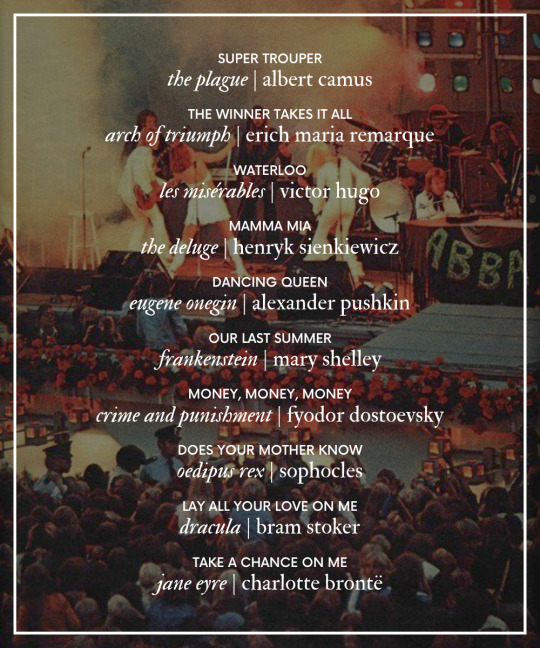
#classic literature#classic lit#abba#the plague#albert camus#arch of triumph#erich maria remarque#les miserables#victor hugo#the deluge#potop#henryk sienkiewicz#eugene onegin#alexander pushkin#frankenstein#mary shelley#crime and punishment#fyodor dostoevsky#oedipus rex#sophocles#dracula#bram stoker#jane eyre#charlotte bronte
324 notes
·
View notes
Text
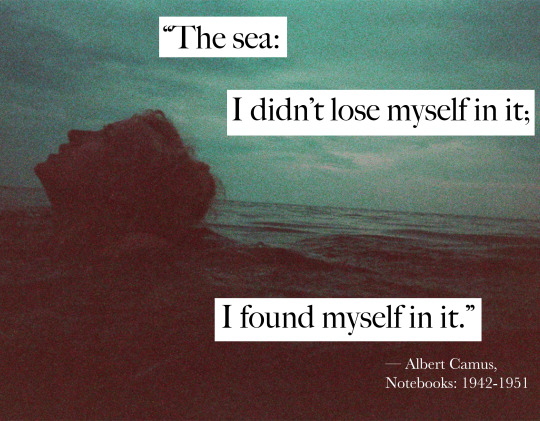
“The sea: I didn’t lose myself in it; I found myself in it.” — Albert Camus, Notebooks: 1942-1951
Photo via @ivorygate
#classical literature#albert camus#franz kafka#sylvia plath#poetry#classical quotes#quotes#literature#booklr#classics#the stranger#the plague#lit#literary quotes#classic literature#english literature#penguin classics#ernest hemingway#charles bukowski#book quote#bookblr#books#book quotes#books & libraries#quotations#words#literary quotations#shakespeare#mersault#spilled writing
62 notes
·
View notes
Text

ℭ𝔞𝔪𝔲𝔰 𝔴𝔬𝔲𝔩𝔡 𝔥𝔞𝔳𝔢 𝔩𝔞𝔲𝔤𝔥𝔢𝔡 …
#academia#chaotic academia#dark academia#classic academia#literature#uni#aesthetic#college#english literature#lit#the stranger camus#camus quotes#camus#albert camus#sisyphus#the myth of sisyphus#the fall#the rebel#the plague#literature major#french literature#classic literature#literary quotes#dark acamedia#dark acadamia aesthetic#academia aesthetic#chaotic academic aesthetic#literature memes#read#reader
54 notes
·
View notes
Text
In Camusian philosophy, there are three ways of coping with the Absurd:
Commit suicide
Commit to the bit (bad)
Commit to the bit (good)
#albert camus#the stranger#the plague#absurdism#the myth of sisyphus#i am absolutely correct this is absolutely what he wrote#vivien talks
193 notes
·
View notes
Text
The Five Stages of Reading Albert Camus
1. The Discovery – ”The Stranger” (1942)
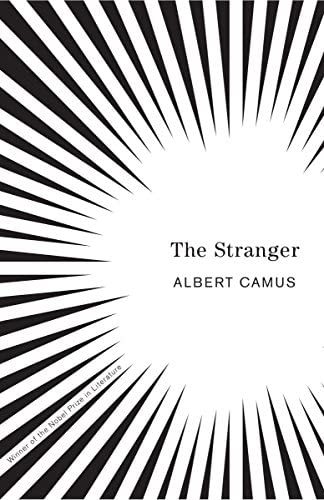
„The Stranger” is unquestionably the best choice for anyone who wants to get to know Albert Camus. It's so simple that it fools you at first. You think it's going to be an easy read, but when you finish the book and put it down, you don't even know your name or if it even matters to have a name. It will probably keep your mind busy for months and make you think about the true meaning of life. You will most likely never be the same person again.
2. Falling in Love – ”Betwixt and Between” (1937) // ”The Fall” (1956) // ”Exile and the Kingdom” (1957)
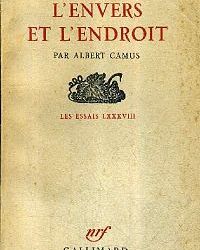
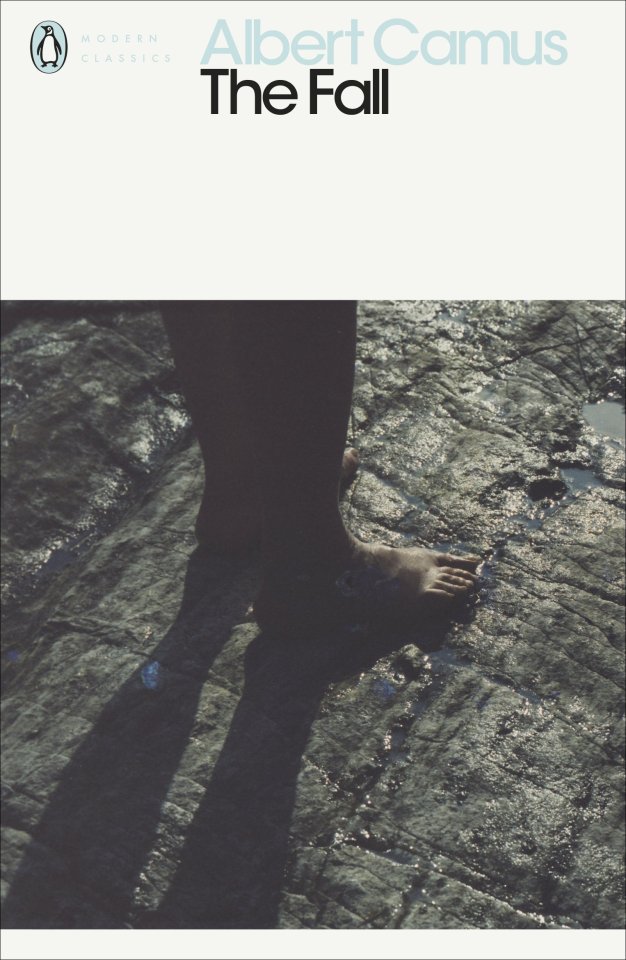
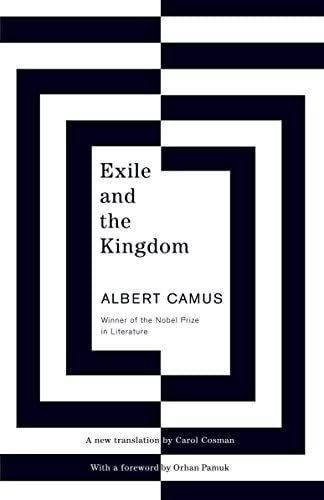
After "The Stranger" has had time to settle and stick in your mind (a process that takes about six months to a year), it's time to explore other writing. Camus doesn't use the same language in every book, so it's important to be careful what you choose to read after. The best options to fall irrevocably in love with this French philosopher are ”Betwixt and Between”, which is his very first published book, ”The Fall”, which offers a very interesting narrative perspective, or ”Exile and the Kingdom”, his only collection of short stories. After going through these, your heart will be caught in the nets of love for Camus.
3. The Surprise – ”The Plague” (1947) // ”A Happy Death” (written 1936–38, published 1971) // ”Summer” (1954) // ”Nuptials” (1938)

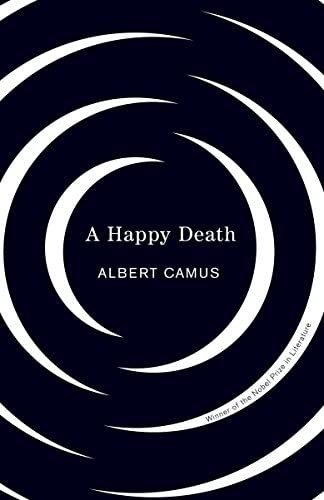

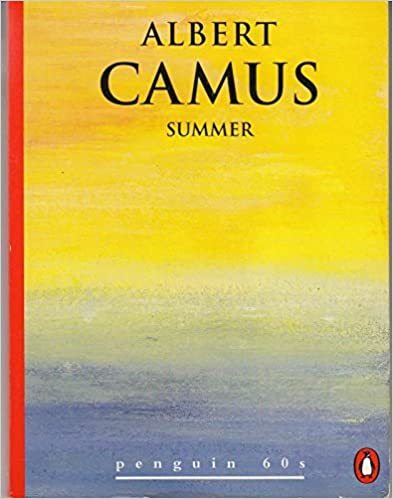
After the reader has gone through the above books, he will have the impression that he knows Camus. Now is the time for him to have the surprise of his life. Camus managed the feat of not giving the audience the same thing twice. That is why each of his writings is unique. Some are easier to read and digest, some are not. At this stage, it is time to get acquainted with its more difficult side. "The Plague" is a story that shakes you to the core and is difficult for even the best readers to get through. ”The Happy Death” should never have seen the light of day, being the first version of what we now know as The Stranger. "Summer" and "Nuptials" are dubbed essays and are similar in format to ”Betwixt and Between”, but here Camus approaches a completely new language, so poetic and refined that it instantly wins you over. Only after the reader goes through these books can he say that he understands a part of Camus.
4. Not just a writer – ”The Myth of Sisyphus” (1942) // „The Rebel” (1951) // Theatre Plays // Journalism Articles
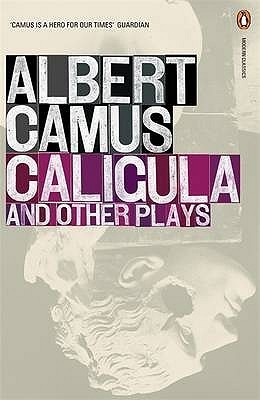
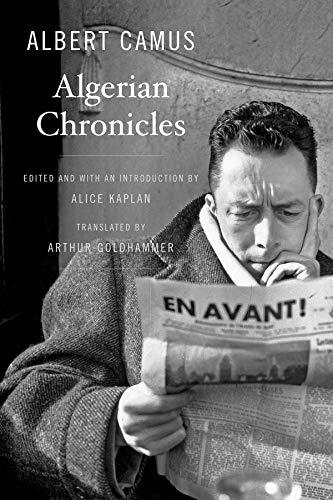
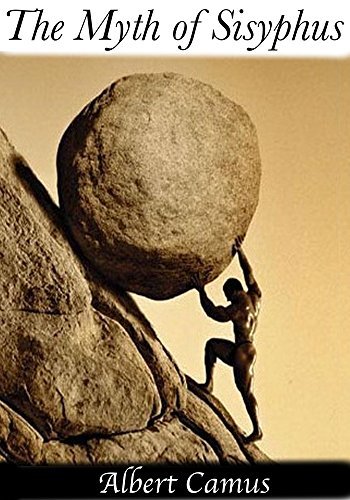
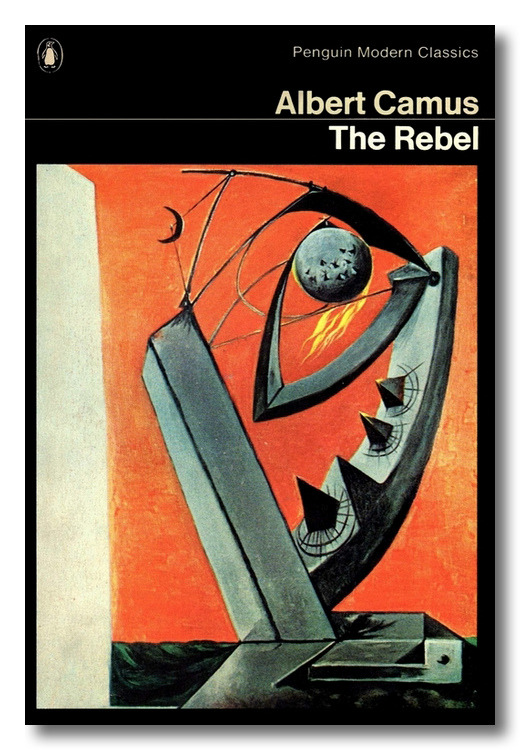
Camus was not only a great French writer. He was also a philosopher (though he never called himself that), a journalist and a playwright. If you are interested in fully understanding Camus, you must also understand his writings in other fields. "The Myth of Sisyphus" is the essay that formed the basis of the formation of a new philosophical current called absurdism. "The Rebel" continues the work started by "The Myth of Sisyphus", going much deeper into the issues related to the meaning of life, art, war, etc. Plays like "Caligula" (1938) or "The Misunderstanding" (1944) are wonderful pieces of art in the history of the theater, while summing up the entire philosophy of Camus. His journalistic articles reveal a Camus involved in society, trying to change something in one way or another through writing. "Reflections on the Guillotine" (1957) for example was an important work that contributed to the abolition of the death penalty in France. Camus never confined his writing to a single specialization, and this can be seen in the skill with which he explored the power of the word in its various forms.
5. Camus the Human – ”The First Man” (incomplete, published 1994) // ”American Journals” (1978) // ”Correspondence (1944–1959)” // ”Notebooks”
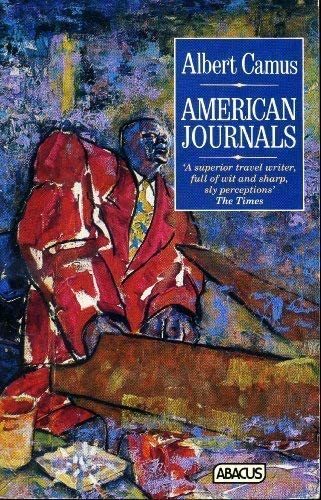
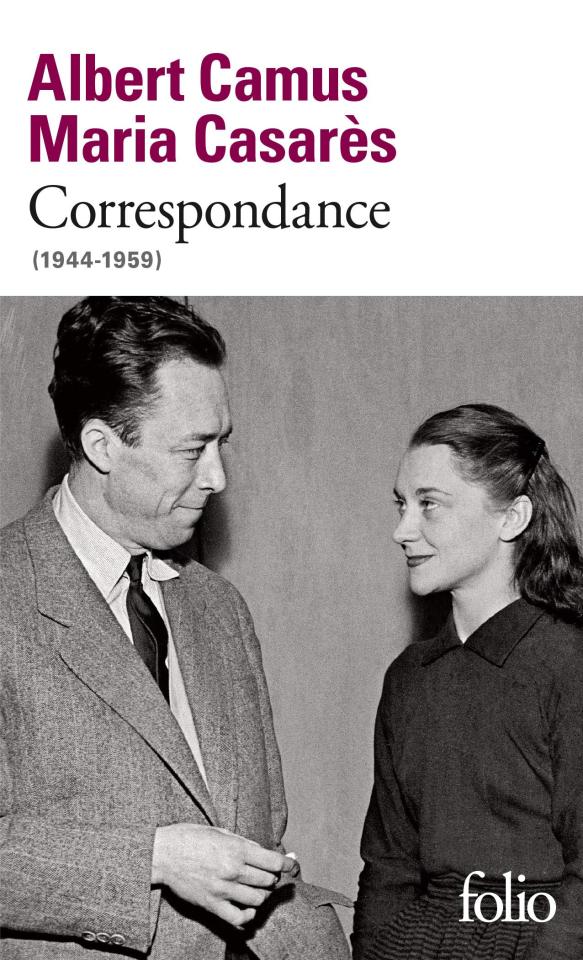
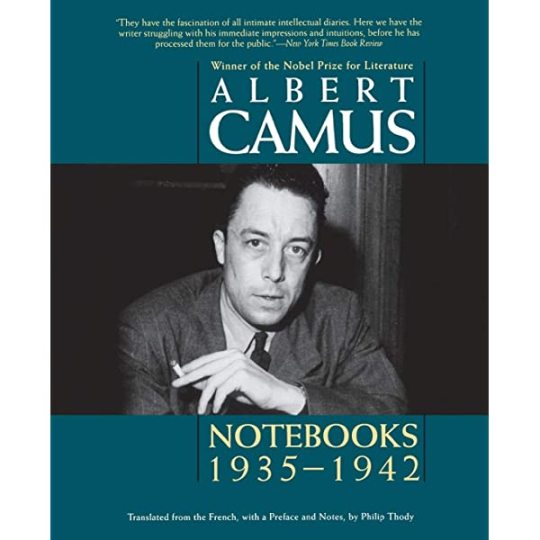

At this point, after going through all these readings, we also want to find out who was the man behind the word. Camus put many things from his personal life into writing, but in this selection we have the most personal point of view. ”The First Man” was supposed to be an autobiographical novel, but Camus died before he could finish it. The remaining manuscript was revised and published years after the author's death. "American Journals" captures a highly sensitive moment in his life, an existential crisis in Camus's life. ”Correspondence” is an exchange of letters between Camus and the woman with probably the greatest influence in his life, Maria Casares. Finally, the "Notebooks" are a collection made from the notes that Camus wrote over the years in his countless notebooks. Every intimate thought, beginning of a novel, reflection, trace of feeling, all these complete the image of Camus as a man.
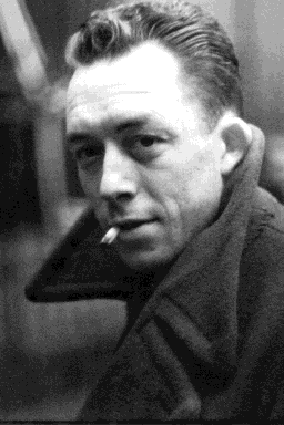
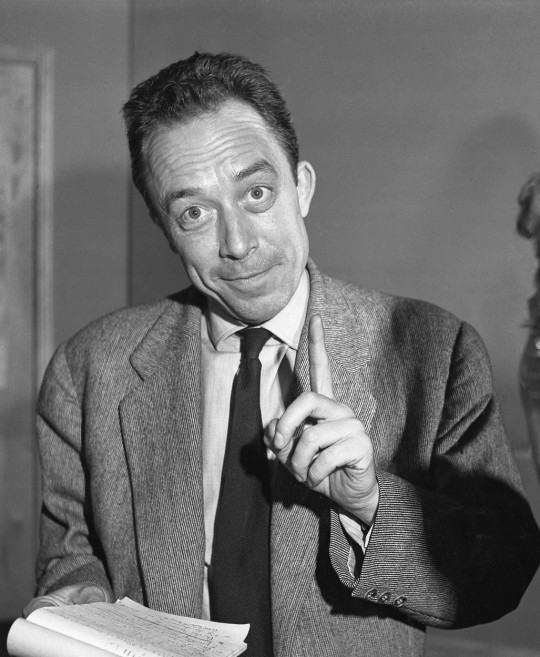
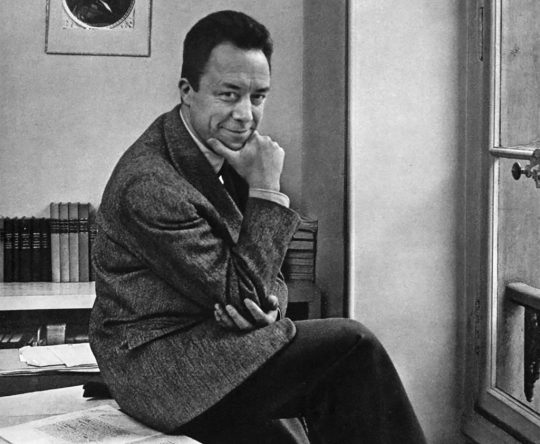
Congratulations! If you have reached this point, you have managed to go through all the stages of knowledge and you can call yourself a true fan of Albert Camus. Now go and spread his teachings to other little outstiders. And don't forget, the only purpose of life is to be happy (reading Camus together).
#albert camus#camus#camus quotes#classic literature#literature#french literature#albert#the stranger#the plague#the fall#exile and the kingdom#20th century#20th century literature#classic authors#a happy death#the first man#betwixt and between#nuptials#summer#the myth of sisyphus#the rebel#philosophy#philosopher#20th century philosophy#absurdism#absurd#existentialism#the theory of the absurd#notebooks#american journals
348 notes
·
View notes
Text
"i was written by dostoevsky" "i was written by austen" where are my girls who were written by camus. who here is searching for a reunion with something they can't quite define, but seems like the only desirable good. who here, for lack of a better name, calls it peace (jean tarrou is literally me irl)
#babe wake up its time to think about camus again#(wilted shriveled voice) yes honey#THE PLAGUE MAKES ME FEEL EMOTIONS I CANT QUITE DESCRIBE. I WAS IN FUCKING ORAN#WHILE READING THIS#I WAS THERE I WAS WITNESSING THIS#albert camus#im screaming crying throwing up
96 notes
·
View notes
Text
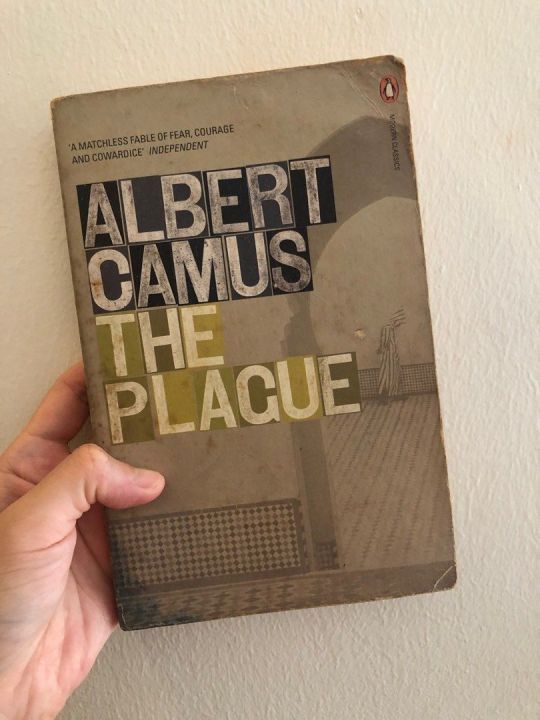
"Sometimes at midnight, in the great silence of the sleep-bound town, the doctor turned on his radio before going to bed for the few hours' sleep he allowed himself. And from the ends of the earth, across thousands of miles of land and sea, kindly, well-meaning speakers tried to voice their fellow-feeling, and indeed did so, but at the same time proved the utter incapacity of every man truly to share in suffering that he cannot see."
Albert Camus, The Plague
[x]
#albert camus#camus#absurd#absurdism#the plague#camus book cover#silence#town#sleep#earth#land#sea#man#suffering
30 notes
·
View notes
Text
You think about bathing in the sea--thick as velvet, supple and smooth as a wild animal.
The Plague by Albert Camus
18 notes
·
View notes
Text
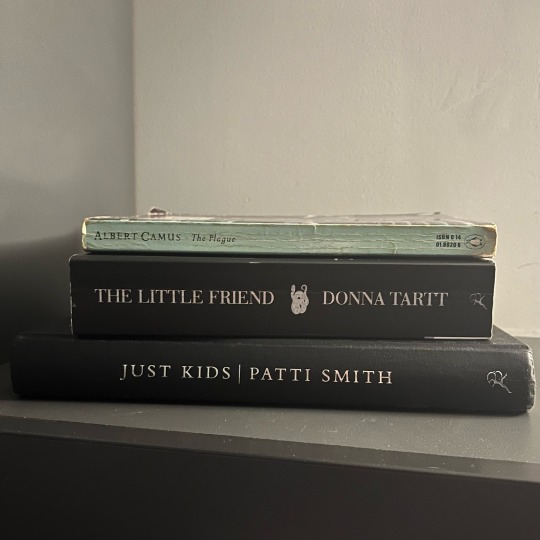
Current reads :p
#just kids#patti smith#albert camus#absurd#absurdism#the plague#the little friend#donna tartt#literature#books#dark acamedia
13 notes
·
View notes
Text
The Plague
Albert Camus (author), Laura Marris (translator)
⭐⭐⭐⭐⭐ (5 stars)
This book is very focused on exploring characters, and the city as a character, throughout an epidemic. I usually am not a fan of slower paced books that aren't plot-based, but I absolutely loved this book.
If this book hadn't been written almost eighty years ago, I would have thought it was social commentary on the COVID pandemic—it is a fantastically on-point exploration of a city in an epidemic, and many places mirrored common experiences during the COVID pandemic. Not in a political way, but in a very human way.
This book is fundamentally very human, and explores human hearts, emotions, and beliefs. I found it to be very engaging and thought-provoking. It shows flawed people in a matter of fact way, and deeply explores their desires and their decisions.
It is very definitely a challenging read, though. Very dense prose, very slow moving. I had to reread parts as I went because I was struggling to keep track of what was going on. Wouldn't recommend for a light-hearted or easy read.
Definitely a book I would both seek to own and seek to read again.
20 notes
·
View notes
Text
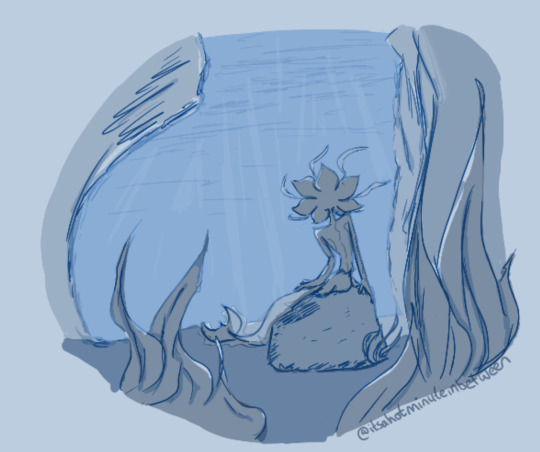
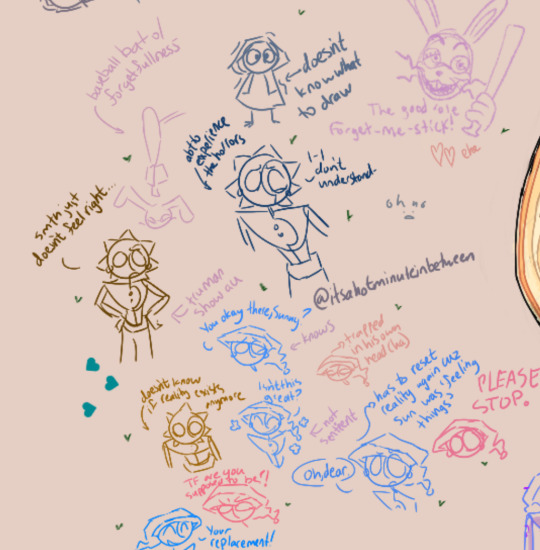
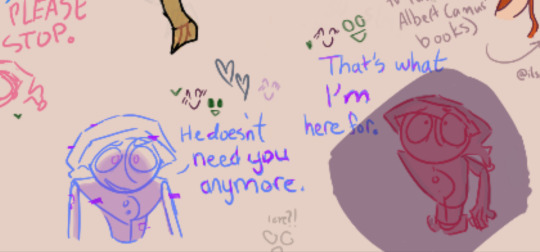
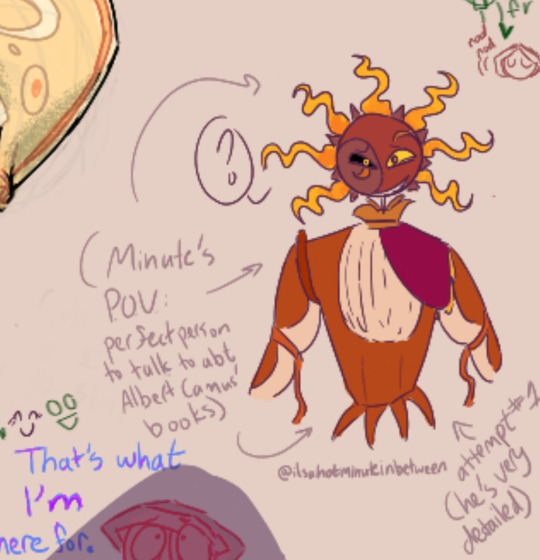
some truman show au doodles on the @daycarefriendpickup magma and a singular fool cuz i think he'd let me ramble about western philosophy books
(fool by @/venomous-qwille)
#magma#crappy doodles#truman show au#i finished the plague by albert camus and i will never be the same#anyways#gonna read the stranger next#But the myth of sisyphus is what i think he’d be interested in#Just cuz of the quote#‘sisyphus proletariat of the gods powerless and rebellious knows the whole extent of his wretched condition’#It’s basically a book about how life seems pointless#Because we’re stuck doing the same things over and over without bothering to change the way we live#Because we expect something to happen to spark that change#Or because we’ve given up hope of change but still want to live#and then he explains that live is worth living#The rebel is also a pretty good book#Anyways
10 notes
·
View notes
Text

"Freedom is nothing but a chance to be better." - Albert Camus
#classical literature#classics#quotes#albert camus#franz kafka#poetry#sylvia plath#classical quotes#literature#booklr#the stranger#the plague#booklover#bookblr#books#books & libraries#book quotes#reading#bookworm#classical academia#lit#classic literature#literary quotes#literally#spilled ink#poem#poets on tumblr#edgar allan poe#writers and poets#haruki murakami
58 notes
·
View notes
Text
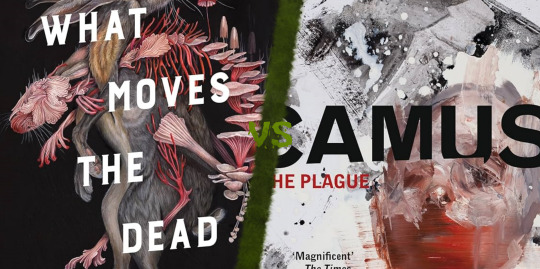
What Moves the Dead (T. Kingfisher)
"In this atmospheric retelling of Edgar Allan Poe's classic "The Fall of the House of Usher", Alex Easton, a retired soldier, receives word that their childhood friend Madeline Usher is dying, so they race to the ancestral home of the Ushers in the remote countryside of Ruravia.
What they find there is a nightmare of fungal growths and possessed wildlife, surrounding a dark, pulsing lake. Madeline sleepwalks and speaks in strange voices at night, and her brother Roderick is consumed with a mysterious malady of the nerves.
Aided by a redoubtable British mycologist and a baffled American doctor, Alex must unravel the secret of the House of Usher before it consumes them all."
The Plague (Albert Camus)
"A haunting tale of human resilience and hope in the face of unrelieved horror, Albert Camus' iconic novel about an epidemic ravaging the people of a North African coastal town is a classic of twentieth-century literature.
The townspeople of Oran are in the grip of a deadly plague, which condemns its victims to a swift and horrifying death. Fear, isolation and claustrophobia follow as they are forced into quarantine. Each person responds in their own way to the lethal disease: some resign themselves to fate, some seek blame, and a few, like Dr. Rieux, resist the terror."
#corruption poll#the corruption#poll#the magnus archives#leitner tournament#What Moves the Dead#T. Kingfisher#Ursula Vernon#The Plague#Albert Camus
18 notes
·
View notes
Quote
The important thing isn't the soundness or otherwise of the argument, but for it to make you think.
Albert Camus, The Plague
#philosophy#quotes#Albert Camus#The Plague#arguments#discussion#discourse#thought#thinking#reason#rationality
170 notes
·
View notes